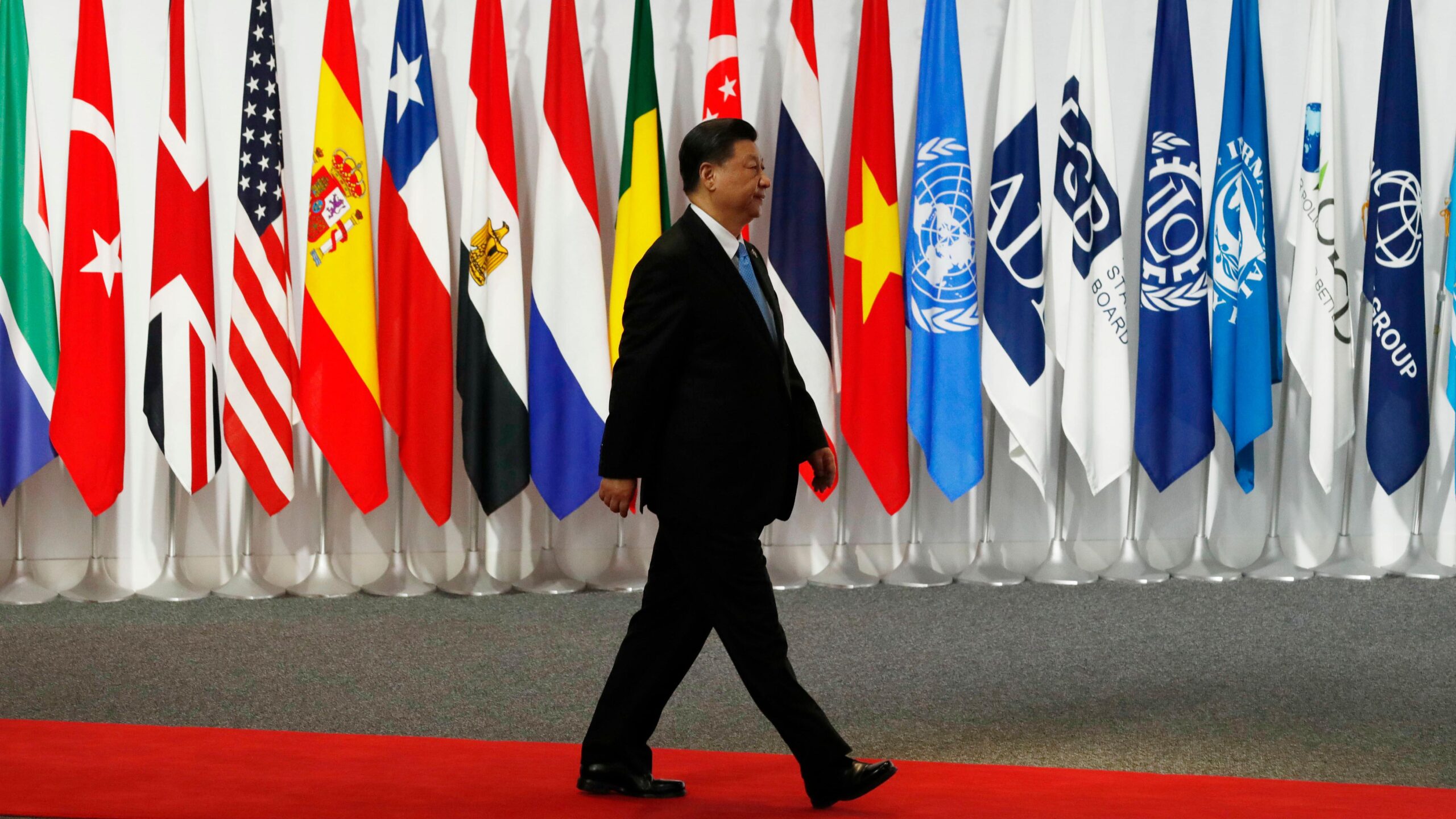China is positioning itself at the center of international diplomacy as President Xi Jinping prepares to host both Vladimir Putin and Kim Jong Un in Beijing. This move signals a calculated effort to show Beijing’s role as a global power broker, challenging U.S. influence and reshaping the balance of power in ongoing trade and security negotiations.
The symbolism of these meetings is profound. For Xi, bringing together Russia and North Korea under China’s diplomatic umbrella enhances Beijing’s global profile while Washington struggles with strained alliances and trade disputes. For Trump, the stakes are high: any forthcoming summit with Xi will occur in the shadow of these high-profile visits, reducing his negotiating leverage.
China’s Expanding Diplomatic Leverage
Xi Jinping has long sought to position China not only as the world’s second-largest economy but also as a diplomatic heavyweight capable of influencing conflicts and alliances. Hosting both Putin and Kim sends a message that China can convene leaders Washington has struggled to engage. While Trump’s tariffs have disrupted trade flows and pushed China to diversify partnerships, Beijing has simultaneously boosted its role in global affairs. For deeper insight into China’s economic strategies, you can explore resources from the World Economic Forum.
Xi’s diplomatic strategy combines economic pressure, political symbolism, and military displays. The upcoming military parade in Beijing will not only commemorate a historic anniversary but also demonstrate China’s modernized defense capabilities. This creates an atmosphere of strength that complements Xi’s political maneuvers on the global stage.
North Korea’s Dependence on China
For Kim Jong Un, the invitation to Beijing represents more than symbolism. North Korea’s economy is heavily dependent on China, with approximately 90% of its food and essential goods imported through its neighbor. Participation in a major diplomatic event alongside Putin and Xi offers Kim legitimacy at a time when international sanctions continue to squeeze his regime. More information about global trade dependencies can be found via the International Monetary Fund.
Kim’s presence in Beijing also signals that China has not lost influence in Pyongyang, despite Russia’s growing partnership with North Korea. This alignment underscores the delicate triangular relationship between Beijing, Moscow, and Pyongyang, a dynamic that will influence future negotiations with Washington.
The Implications for Trump and U.S. Policy
Donald Trump faces a difficult challenge as he considers a new round of negotiations with Xi. The U.S. continues to push for favorable trade terms and aims to curb Beijing’s support for Moscow amid the war in Ukraine. Yet with Xi hosting both Putin and Kim, China gains leverage in shaping the diplomatic landscape.
The possibility of Xi acting as a mediator between Washington and Pyongyang cannot be dismissed, given his history of facilitating dialogue between the U.S. and North Korea in previous years. Moreover, any potential breakthrough on tariffs, technology restrictions, or military tensions will now occur in a context where China holds more cards. Analysts suggest that this could mark a turning point in U.S.–China relations, as Beijing capitalizes on its ability to convene adversaries and rivals alike. To understand the evolving U.S. position, the Council on Foreign Relations provides extensive analysis on these developments.
The broader question remains whether Xi’s diplomatic maneuvering could eventually lead to a summit involving Trump, Putin, and Kim. Such a meeting would represent a dramatic realignment of global power structures, positioning China as the convener of rival leaders and reshaping the trajectory of international diplomacy.







